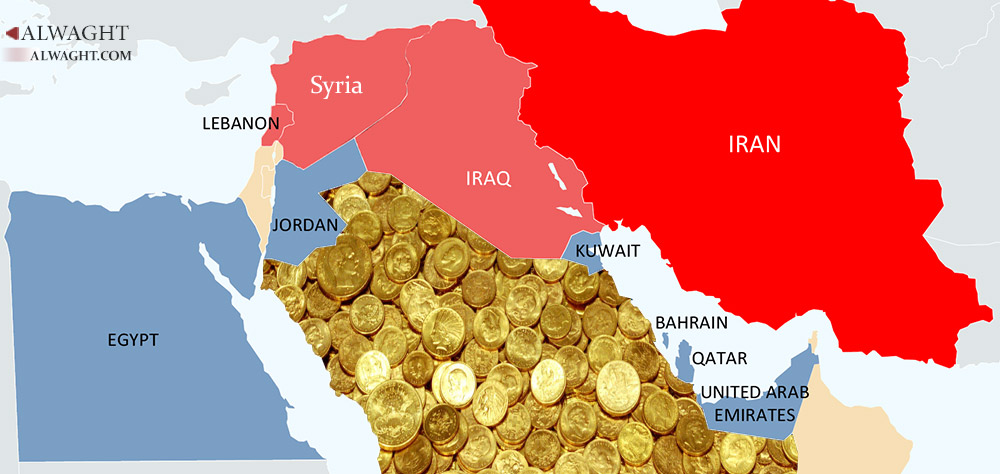Alwaght- When Saudi Arabia offered $3 billion in military aid to Lebanon’s security forces, it claimed there were no pre-conditions to its grant but nonetheless threw its net to contest Iran’s own proposal, when the Lebanese army was in much need of high-tech military equipment to battle Takfiri groups in the border town of Arsal. Chief of the Lebanese Armed Forces Jean Kahwaji had described the deal, which limited the equipment to French ammunition and weapons, as mere ink on paper.
Now, Saudi authorities have cut the strings. Retracting the military aid can be seen as part of Riyadh’s reward and punishment strategy. Using its petrodollars to dictate its policies over other countries, the Saudi regime miscalculated when it announced its gift to Lebanon. It had been counting on the Lebanese government’s submissiveness to reap the political benefits of the dollars it sowed.
However, it has become clear that the government in Beirut will not be a slave to the Saudis despite the military aid it provided, a decision that pushed the kingdom to slash the promised assistance.
In the Saudi mental construct, money is exclusively equivalent to power. But logically, power gained easily would also be lost easily. Therefore, supporting Lebanon meant that the politically unstable country would have to side with Riyadh against any other party in any situation. In other words, it had expected to manipulate the Lebanese government with the grant as it would operate a puppet by pulling its strings.
The suspension of the aid package was dubbed a response to Beirut’s abstention from condemning the Iranian protesters’ response to the execution of prominent Shiite Cleric Sheikh Nimr Nimr by storming the Saudi mission in Tehran.
SPA quoted an official who attributed the reason behind the sudden suspension to “Lebanon’s stances that are not in harmony with the brotherly relations between the two countries.”
He added: “The kingdom conducted a full review of its relationship with the Republic of Lebanon in a manner that correlates to its stances and safeguards its interests.”
This was a crime in the Saudis’ eyes because it had been hoping for relations between its regional rival Iran and Lebanon to deteriorate. It had initially made the offer in a bid to outmaneuver Tehran, which had voiced willingness to grant equipment to the Lebanese army to reinforce its military prowess in the face of the terrorist threat at its doorstep.
Last April, the Islamic Republic said the offer was still on the table and just recently Lebanese Prime Minister Tammam Salam said that the government welcomes any unconditional military and security aid, including from Iran.
Observers hinted at a possible discord with Riyadh that drove Salam to reconsider Iran’s generous offer, conspicuously, no strings attached. But now any doubt over whether the Saudi move amounted to political blackmail can be dispelled.
However, this alone remains implausible to many unless it is also linked to the costly aggression against Yemen as well as the misjudged wager that the Lebanese army may alter its non-interference policy toward Hezbollah’s involvement in the Syrian crisis.
Saudi Arabia does not take to funding foreign armies pro bono. Unless there is something in for Riyadh, the kingdom does not go about offering billions of dollars to countries situated in the cradle of the most politically-charged and terror-stricken regions, particularly since it spent much more on stirring the sources of these predicaments. So when the strings of manipulation snapped, the Saudis knew they had to withdraw their bait.



























